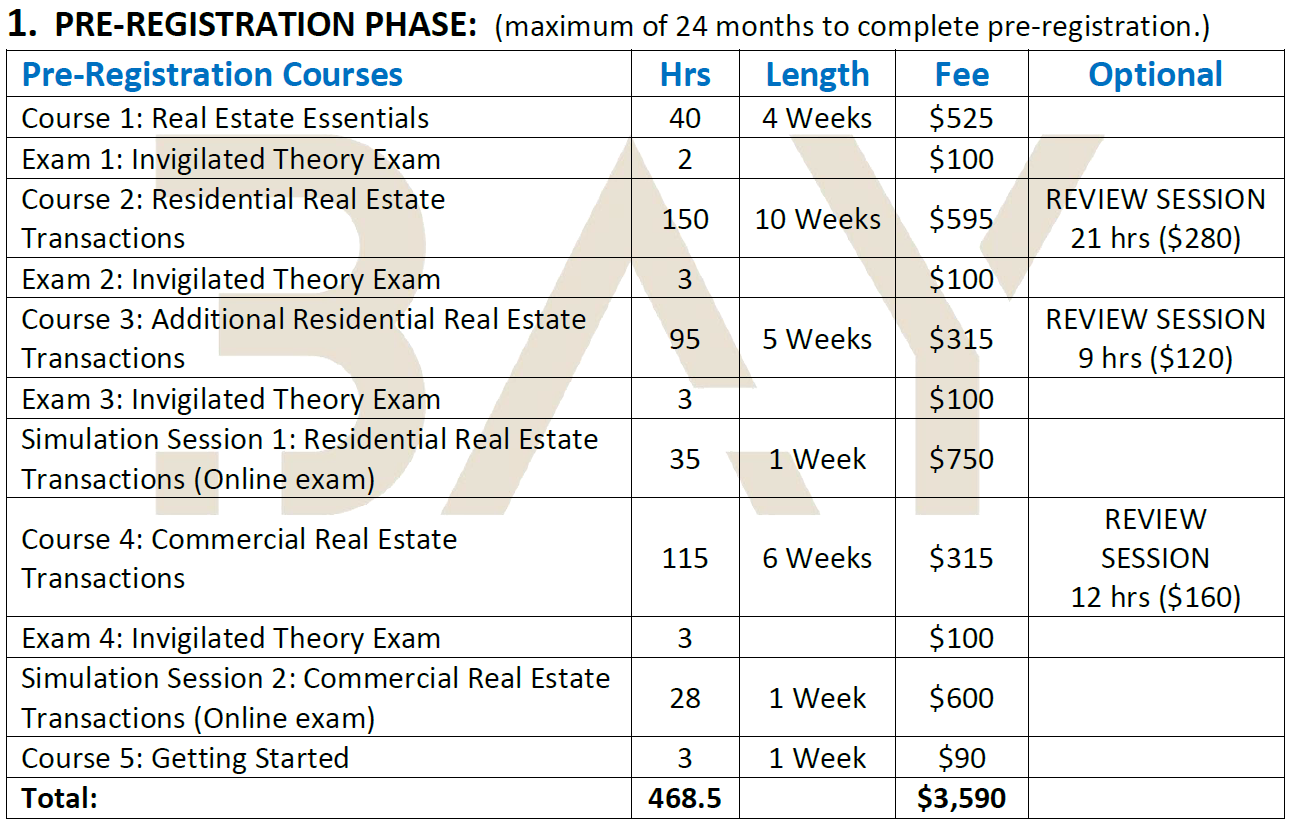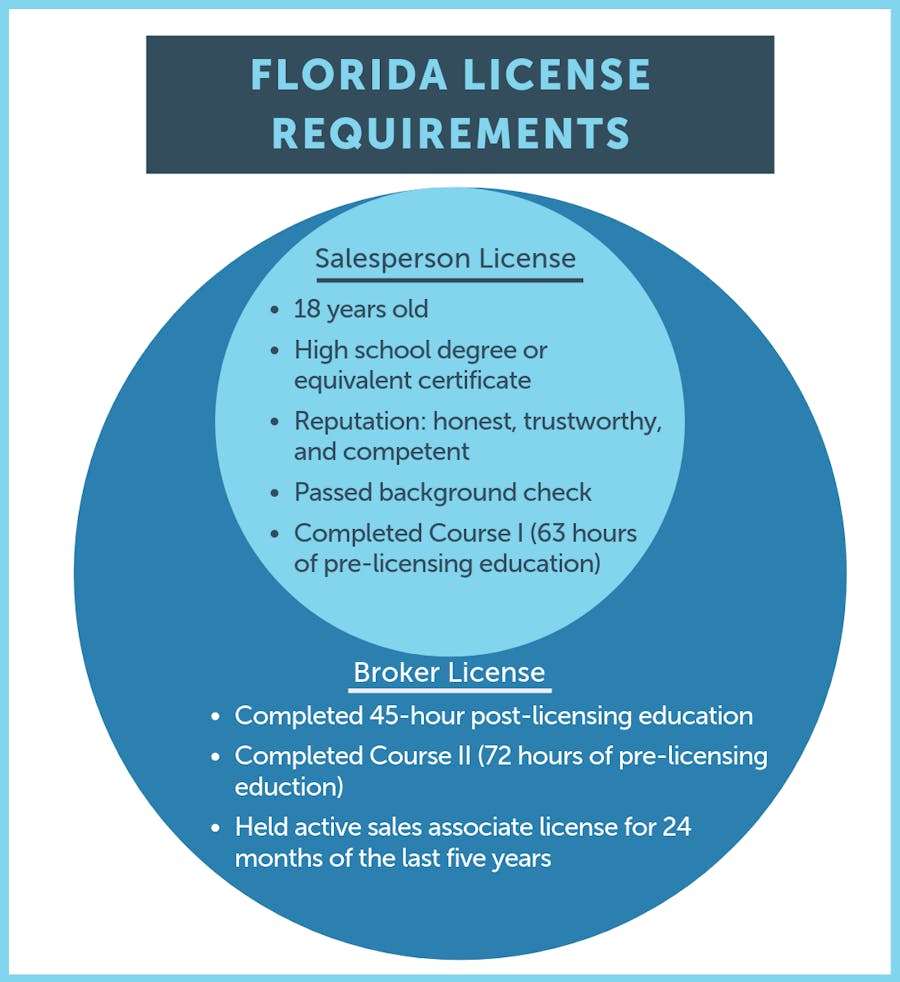
In New York, a typical real estate commission is split equally between the listing agent and the buyer's agent. The buyer's representative earns 3%, and the listing agent earns 3 %. Sometimes, there is no buyer's brokerage and the listing agents collect the full commission of 6%. It is estimated that over 95% of listings in NYC are sold through agents. The seller signs a contract usually with the agent listing the property.
Flat fee
The real estate market in New York is unique compared to other parts of the country. Sometimes you will see listings with "No Fee" or 'No Broker's Fee". However, if you rent an apartment, the agent will need to be paid anywhere from 8% up to 15% of the annual rent. New York's average commission rate for realtors is 12%. You can save thousands of dollars by avoiding paying a commission.

What is the process of buying or selling your home? The seller usually pays the commission at the closing. The commission is waived if the home is being sold "For Sale by Owner". To get your listing placed on the local MLS, you will still have to pay a flat rate. This flat fee listing will include the seller’s contact information as well show instructions.
Brokerage fees
The Consumer Federation of America released a report on the differences in real estate commission rates throughout New York City. The report discovered huge differences in commissions rates from one region to the next. The typical buyer agent rate varied from 1% in Brooklyn to 3% for Manhattan. This was due to Manhattan homes being more expensive than Brooklyn homes.
New York's real estate brokers charge fees that are negotiable. Although the standard fee charged by brokers is 15%, sellers and buyers are often willing to pay less. Brokers will accept a lower fee if you move quickly, have all your paperwork in order and have a large deposit. This is because brokers must assess the level of competition in their area.
Dual agency
Dual agency, a type in real estate where both the buyer AND seller are represented by a licensed agent, is a legal arrangement. Dual agency has both pros and cons. This arrangement can help speed up the transaction by solving questions quicker. This arrangement is beneficial for sellers and buyers who have extensive experience.

Dual agency can reduce the overall cost of transactions. Oftentimes, a dual agency arrangement results in a savings of about one to two percent on the commission. This arrangement can give both parties more negotiation power.
FAQ
How much money should I save before buying a house?
It depends on how long you plan to live there. Save now if the goal is to stay for at most five years. But if you are planning to move after just two years, then you don't have to worry too much about it.
What are the benefits to a fixed-rate mortgage
Fixed-rate mortgages allow you to lock in the interest rate throughout the loan's term. This means that you won't have to worry about rising rates. Fixed-rate loan payments have lower interest rates because they are fixed for a certain term.
Should I use a mortgage broker?
If you are looking for a competitive rate, consider using a mortgage broker. A broker works with multiple lenders to negotiate your behalf. Some brokers do take a commission from lenders. Before signing up, you should verify all fees associated with the broker.
Can I get a second mortgage?
Yes. But it's wise to talk to a professional before making a decision about whether or not you want one. A second mortgage is used to consolidate or fund home improvements.
Statistics
- Based on your credit scores and other financial details, your lender offers you a 3.5% interest rate on loan. (investopedia.com)
- The FHA sets its desirable debt-to-income ratio at 43%. (fortunebuilders.com)
- This means that all of your housing-related expenses each month do not exceed 43% of your monthly income. (fortunebuilders.com)
- Private mortgage insurance may be required for conventional loans when the borrower puts less than 20% down.4 FHA loans are mortgage loans issued by private lenders and backed by the federal government. (investopedia.com)
- This seems to be a more popular trend as the U.S. Census Bureau reports the homeownership rate was around 65% last year. (fortunebuilders.com)
External Links
How To
How to Manage A Rental Property
While renting your home can make you extra money, there are many things that you should think about before making the decision. We'll show you what to consider when deciding whether to rent your home and give you tips on managing a rental property.
Here are the basics to help you start thinking about renting out a home.
-
What are the first things I should consider? Take a look at your financial situation before you decide whether you want to rent your house. If you have any debts such as credit card or mortgage bills, you might not be able pay for someone to live in the home while you are away. It is also important to review your budget. If you don't have enough money for your monthly expenses (rental, utilities, and insurance), it may be worth looking into your options. You might find it not worth it.
-
How much is it to rent my home? The cost of renting your home depends on many factors. These factors include the location, size and condition of your home, as well as season. Keep in mind that prices will vary depending upon where you live. So don't expect to find the same price everywhere. Rightmove reports that the average monthly market price to rent a one-bedroom flat is around PS1,400. This means that your home would be worth around PS2,800 per annum if it was rented out completely. While this isn't bad, if only you wanted to rent out a small portion of your house, you could make much more.
-
Is it worth the risk? Doing something new always comes with risks, but if it brings in extra income, why wouldn't you try it? Before you sign anything, though, make sure you understand exactly what you're getting yourself into. It's not enough to be able to spend more time with your loved ones. You'll need to manage maintenance costs, repair and clean up the house. You should make sure that you have thoroughly considered all aspects before you sign on!
-
Is there any benefit? It's clear that renting out your home is expensive. But, you want to look at the potential benefits. You have many options to rent your house: you can pay off debt, invest in vacations, save for rainy days, or simply relax from the hustle and bustle of your daily life. You will likely find it more enjoyable than working every day. If you plan ahead, rent could be your full-time job.
-
How do you find tenants? Once you've made the decision that you want your property to be rented out, you must advertise it correctly. You can start by listing your property online on websites such as Rightmove and Zoopla. You will need to interview potential tenants once they contact you. This will allow you to assess their suitability, and make sure they are financially sound enough to move into your house.
-
How can I make sure I'm covered? If you are worried about your home being empty, it is important to make sure you have adequate protection against fire, theft, and damage. You will need insurance for your home. This can be done through your landlord directly or with an agent. Your landlord will typically require you to add them in as additional insured. This covers damages to your property that occur while you aren't there. However, this doesn't apply if you're living abroad or if your landlord isn't registered with UK insurers. In such cases you will need a registration with an international insurance.
-
It's easy to feel that you don't have the time or money to look for tenants. This is especially true if you work from home. You must put your best foot forward when advertising property. Make sure you have a professional looking website. Also, make sure to post your ads online. It is also necessary to create a complete application form and give references. Some people prefer to do everything themselves while others hire agents who will take care of all the details. In either case, be prepared to answer any questions that may arise during interviews.
-
What should I do once I've found my tenant? If you have a contract in place, you must inform your tenant of any changes. If you don't have a lease, you can negotiate length of stay, deposit, or other details. While you might get paid when the tenancy is over, utilities are still a cost that must be paid.
-
How do you collect rent? When the time comes for you to collect the rent you need to make sure that your tenant has been paying their rent. You'll need remind them about their obligations if they have not. Before you send them a final invoice, you can deduct any outstanding rent payments. You can always call the police to help you locate your tenant if you have difficulty getting in touch with them. If there is a breach of contract they won't usually evict the tenant, but they can issue an arrest warrant.
-
How can I avoid potential problems? Although renting your home is a lucrative venture, it is also important to be safe. Ensure you install smoke alarms and carbon monoxide detectors and consider installing security cameras. Make sure your neighbors have given you permission to leave your property unlocked overnight and that you have enough insurance. You should not allow strangers to enter your home, even if they claim they are moving in next door.